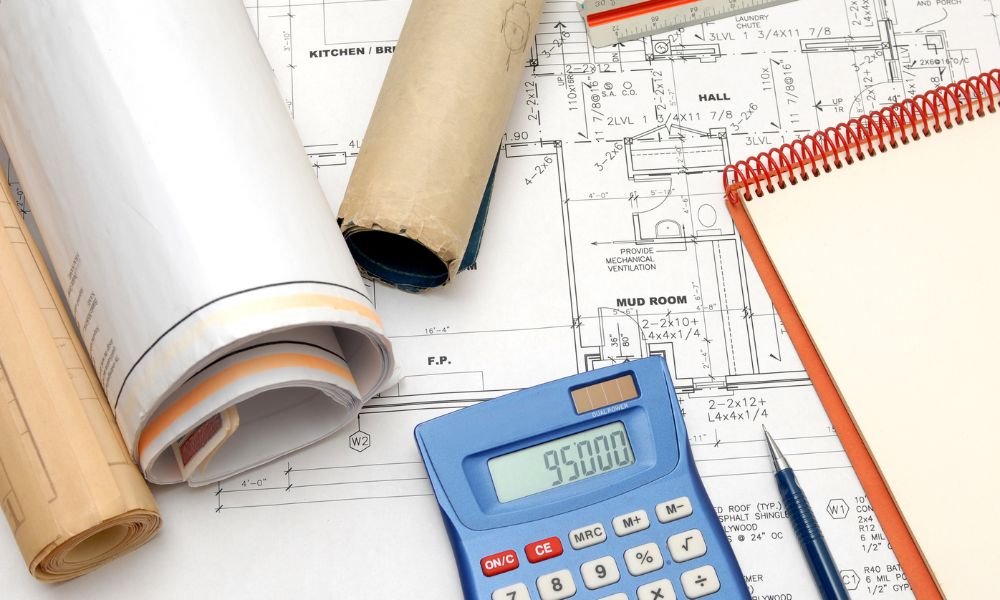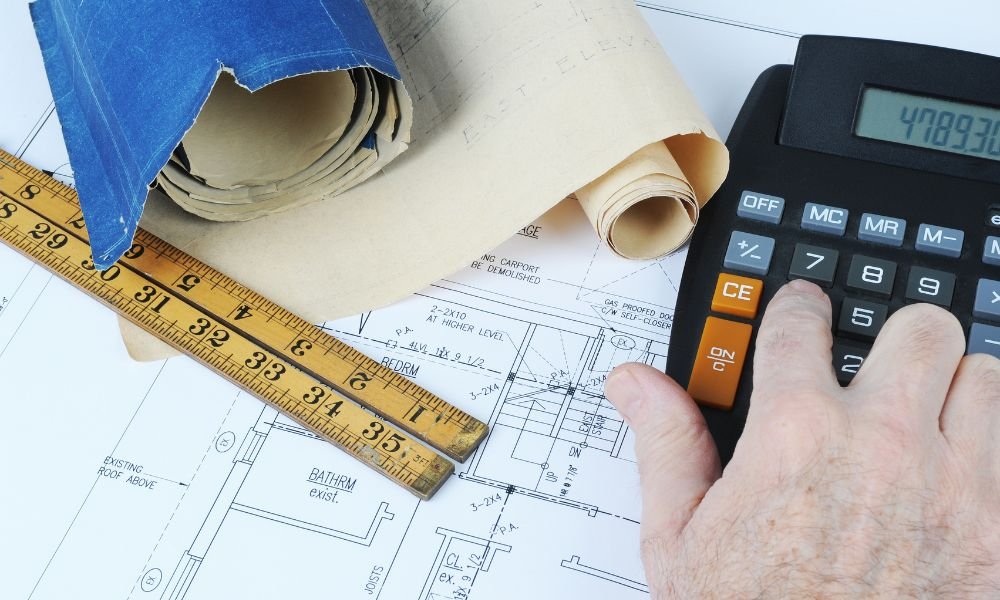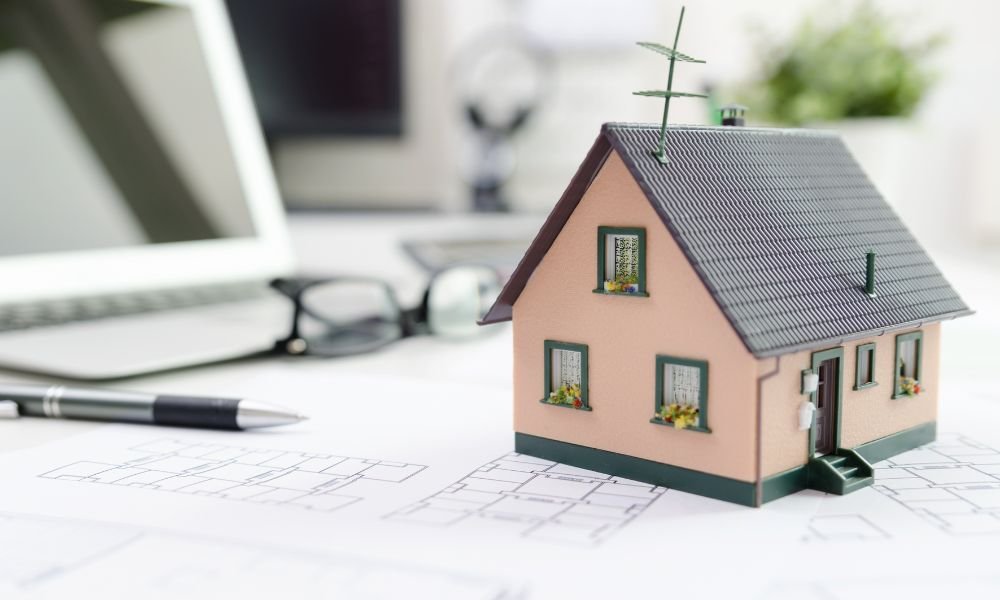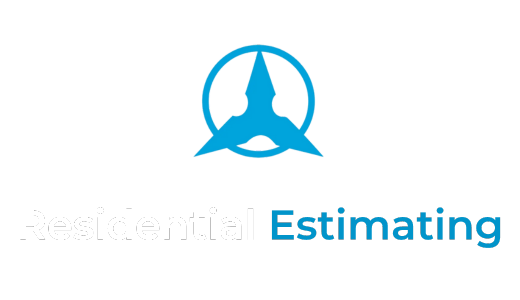Building a house is an exciting and life-changing experience, but it can also be daunting. You need to have a good idea of the total cost of construction so that you can plan properly and stay within your budget. In this article, we’ll provide an overview of the different factors that are taken into consideration when estimating building costs for a new house.
We’ll address topics such as labor costs, material selection, design services, and more to give you an accurate estimate before beginning your project.
Estimating House Cost
When it comes to estimating the cost of building a new house, there are several factors to consider. The size of the home and any amenities will have an impact on the overall price tag. Additionally, local labor costs and materials prices can vary significantly depending on where you live.
To get a more accurate estimate of house cost, start by calculating how much square footage you need. This is determined by adding together the total area of each room in your desired home. Determine what type of finishes and amenities you need for each room such as carpets, kitchen cabinets, fixtures, etc.
Research local building costs in your area to get an idea of how much each item will add up to in terms of the total price. Once these three steps are completed you should have a good understanding of what it would cost to build your dream home!
Step 1: Analyze Your Needs
Before you begin to estimate the cost of building a new house, it is important to take time to analyze your needs. This will help you determine what type and size of home you should build. Consider both your current lifestyle and any potential changes in the future. For example, if you have young children or anticipate having more kids in the future, plan for additional bedrooms and living space.
Think about how much outdoor space you need for play areas or social gatherings, as well as how many amenities are essential for your day-to-day life. Also consider whether energy efficiency is important to you and if so, plan for features such as solar panels or passive heating elements that can help reduce operating costs over time.
Asking yourself these questions can help make sure that when it comes time to price out materials and labor, everything needed for building your dream home is included in the final budget.
Step 2: Research Building Costs
Before you can begin to estimate a budget for your new home, it is essential that you understand the range of materials, labor, and other costs involved in construction. Start by researching local real estate markets to determine what similar homes are selling for and explore online resources such as Houzz or Home Advisor’s Cost Guide, which provide up-to-date pricing information on construction materials and labor.
Additionally, you should factor in additional expenses such as permits, inspections, landscaping, and utility hookups. When compiling this data remember that there may be regional differences in prices depending on where you live; so make sure to compare estimates from multiple sources and consider any special factors that may influence building costs in your area.
Step 3: Calculate Square Footage
In order to accurately estimate the cost of building a new house, it is important to calculate the square footage. This will give you an idea of how much space your new home will occupy and how much material will be needed for construction. The square footage of a structure can be calculated by measuring the length of each wall and multiplying that by its height.
For instance, if one wall is 15 feet long and 8 feet tall, then the area would be 120 square feet (15 x 8 = 120). This process should be repeated for each wall in the structure in order to get an accurate calculation of total square footage.
Additionally, any areas such as closets or stairwells should also be included in this measurement. Once all measurements have been taken, simply add together all individual wall areas to find the total square footage needed for your new house.
Step 4: Consider Design & Finishes
Estimating the cost of building a new house is to consider design and finishes. The type of design impacts the costs, as some plans may require special materials for construction and more labor for installation. For example, an unusual floorplan could require custom-made walls or support beams, which can be expensive.
Additionally, homeowners should think about their desired interior and exterior finishes, such as paint color, flooring type, siding material, and countertop grade. High-quality fixtures or appliances like tubs and faucets can also add significantly to the overall cost. Having detailed specifications in place will ensure that there are no surprises during the construction process that could result in additional costs.
Step 5: Factor in Location Costs
When estimating the cost of building a new house, it is important to factor in location costs. Location can have an enormous impact on the overall cost of construction. Factors such as land acquisition, local labor costs, and market values affect the total price tag. As such, prospective builders should consider these factors when budgeting for their projects.
For example, those looking to build in large cities may find themselves subject to higher labor rates than in smaller towns or rural areas. Additionally, there may be additional fees associated with purchasing land that differ from region to region. It is essential for homeowners to be aware of these differences when considering a building location in order to accurately estimate their budget accordingly.
Local market values can also drastically affect total construction costs; this is especially true if a homeowner plans on selling their home shortly after completion.
Get Professional Help
At the end of the day, estimating the cost of building a new house is no easy task. It requires a great deal of research and work to ensure all costs are accounted for. While it is possible to do it yourself, hiring a professional can give you peace of mind that you have accurately estimated all costs associated with your new home.
Professional estimators are experienced in their field, have access to current materials and labor rates, and specialize in accurately predicting the total cost before construction begins.
When deciding between doing the estimation process yourself or getting professional help, consider if there is enough time and resources available to complete an accurate analysis on your own. If not, reaching out to an expert may be worth the extra money as they will ensure that everything has been taken into account so you won’t face any unexpected surprises down the line.




